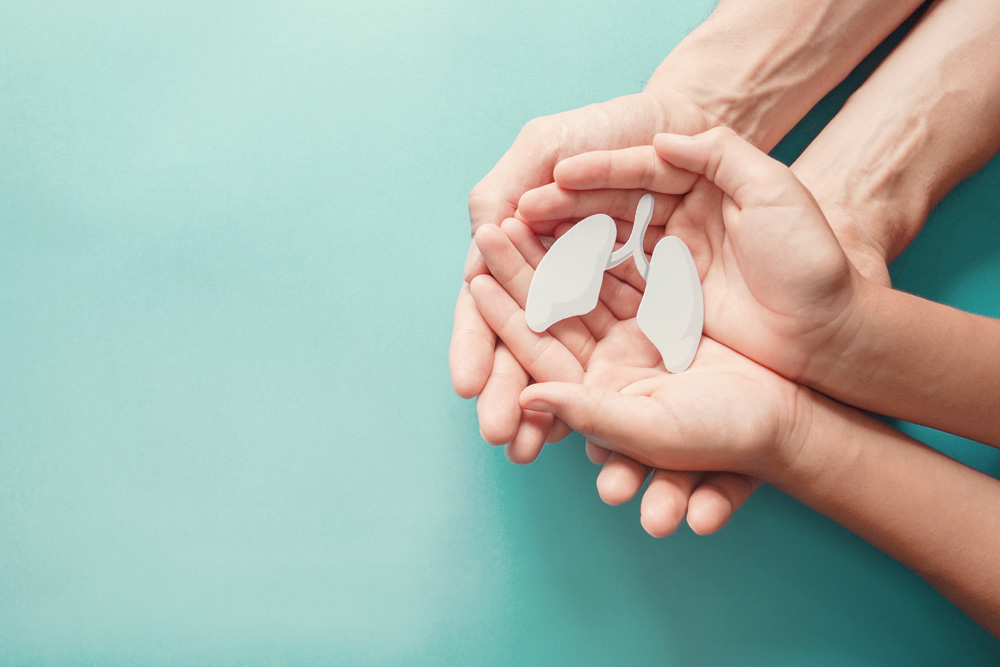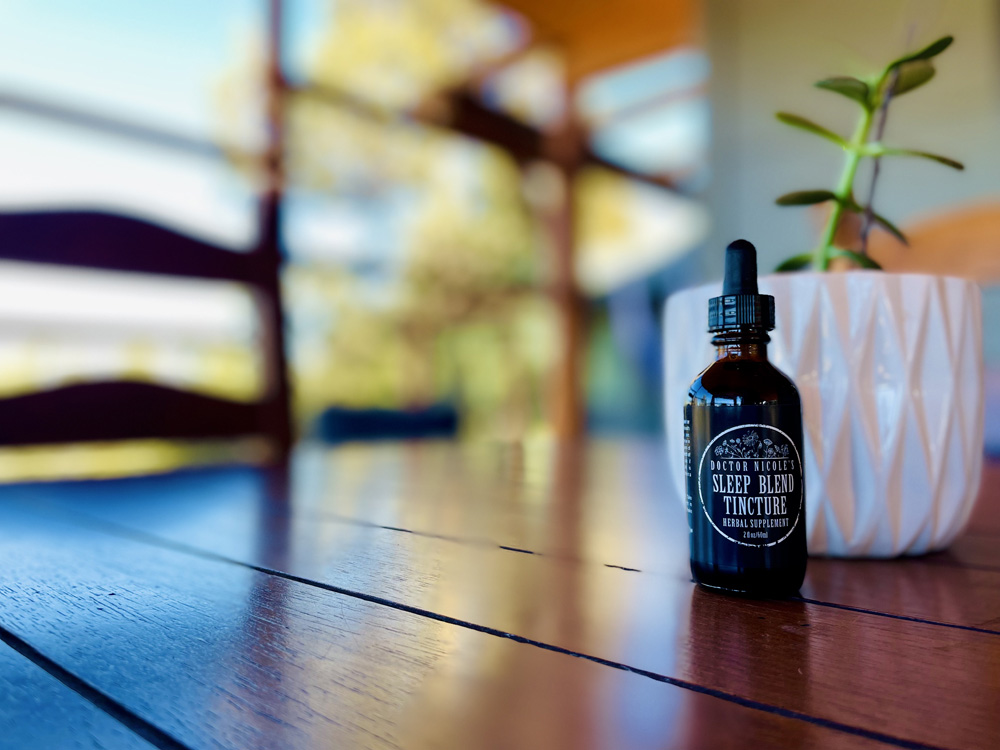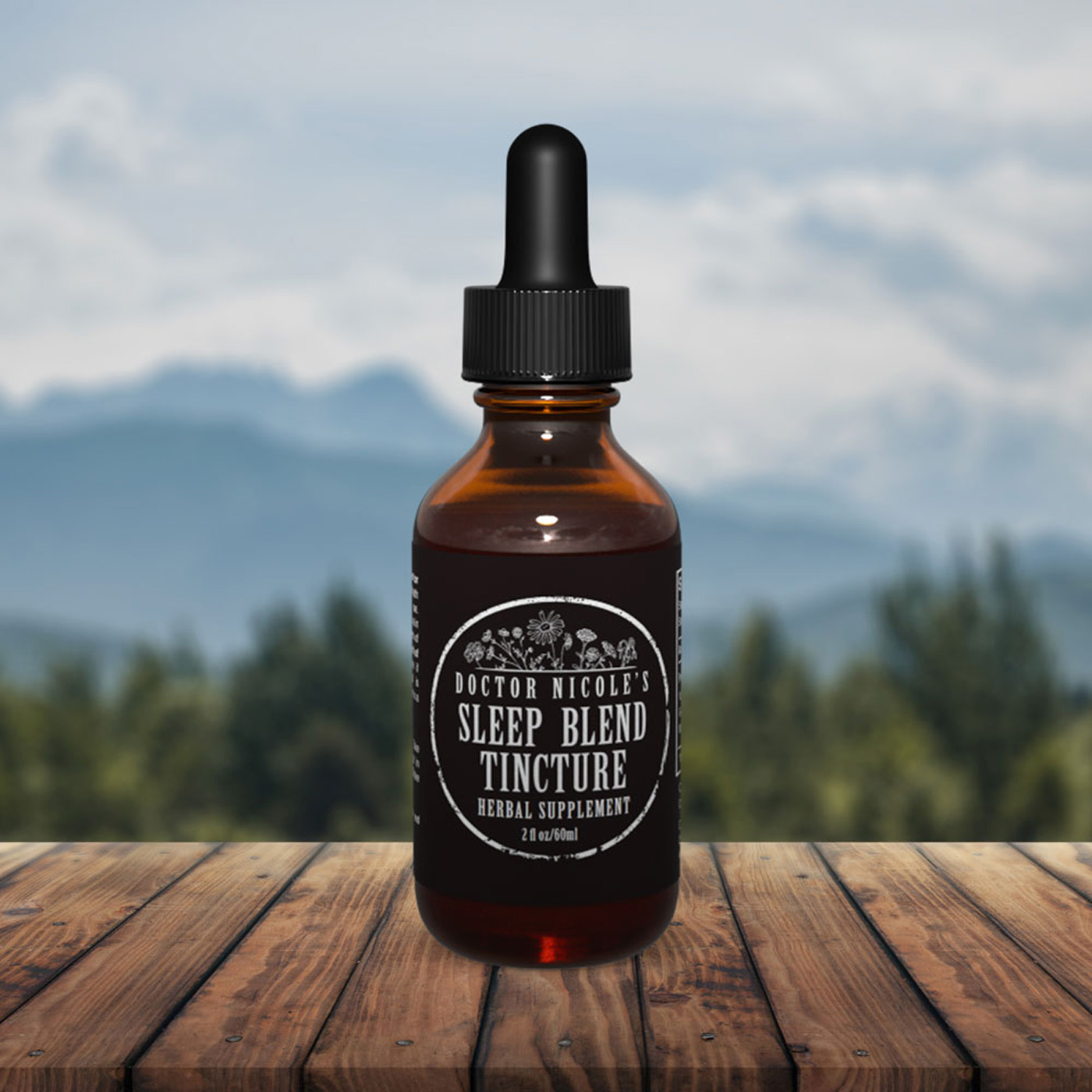The Relationship Between Immunity, Illness, & Sleep
Science has long established poor sleep impacts your immunity and can create the perfect storm for illness. Be that as it may, research is coming to light demonstrating that disrupted sleep doesn’t necessarily make you more susceptible to severe acute respiratory syndrome (SARS), but can contribute to an increased risk of more serious symptoms and significant sleep disruptions long after the infection has resolved. Examples include waking up between 2:00-3:00 AM every night with insomnia, days without sleep, nightmares, and panic attacks in the early morning hours. On the opposite end of the spectrum, some have experienced sleeping for 18+ hours and still feel exhausted. What is going on? Researchers believe they have found the answer.
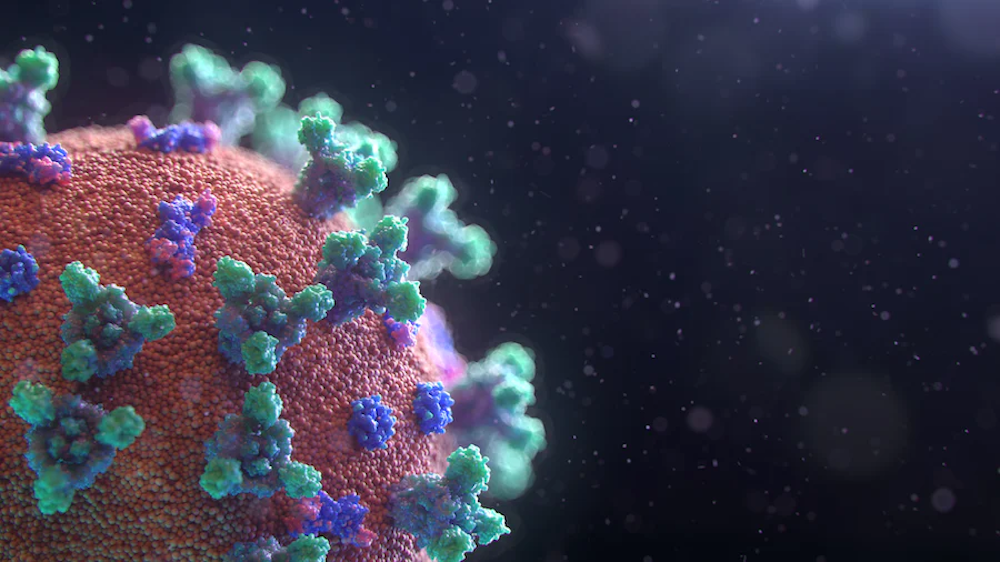
How Bacteria & Viruses Impact Nighttime Rest
Typically when you have a bacterial or viral infection, you sleep more — a fact confirmed time and again through personal experience. In animal studies, those injected with a bacteria or virus also confirmed this theory. The animals also spent less time in active dreaming sleep (REM) and more time in non-rapid eye movement sleep, which is important for recovery.
Cytokines, bioactive compounds in the body known to turn inflammation off and on depending on the type released, play a key role in these sleep patterns. When healthy animal models are sleep-deprived, pro-inflammatory cytokines rise in the brain, triggering a need to sleep more. But when the cytokines are blocked in the same sleep-deprived animals, they don’t sleep any more than normal.
The association isn’t quite as clear in human studies. Researchers have found when the immune system is activated with increased cytokine levels due to illness, people experience disrupted sleep, which wasn’t seen in animal models. However, non-REM sleep was enhanced along with an increased desire for rest, similar to the animal studies.2 With severe acute respiratory syndrome, many times sleep troubles persisted long after the infection cleared — a curious mystery researchers set out to examine.
Acute Respiratory Syndrome and Disrupted Sleep
Between February 2021 and April 2022, researchers surveyed over 650 long-haul patients who visited Cleveland Clinic’s reCOVer clinic due to ongoing symptoms. Forty-one percent reported continued sleep disturbances up to six months after their initial infection with an additional seven percent experiencing severe disruption. Additional sources document post-recovery issues, such as narcolepsy, excessive sleeping, and acting out dreams physically instead of normal sleep-induced paralysis.2 This mirrors other chronic illness where sleep is disrupted, including HIV, hepatitis C, ME/CFS, inflammatory bowel disease, rheumatoid arthritis, and autoimmune disorders. The common denominator? Inflammation.
Interestingly, when sleep is disrupted, whether through illness or another reason, pro-inflammatory molecules kick into high-gear and can continue to be released for several days, even after three nights of recovery sleep. This creates a difficult cycle: lack of proper sleep causes lower immunity so you are more prone to become ill and then once you are sick, your sleep is disrupted further and can turn into long-term insomnia, as in the case of severe acute respiratory syndrome. Such a cycle can be difficult to break, which is why researchers stress the importance of establishing healthy sleep patterns from the beginning, before being exposed to contagious illness.1
Moreover, lack of quality sleep can lead to anxiety, depression, fatigue, and brain fog — all of which are also associated with both severe respiratory illness and long-haul syndrome. If you find yourself struggling with insomnia after a viral infection and can’t seem to get back on track, the following recommendations can help.
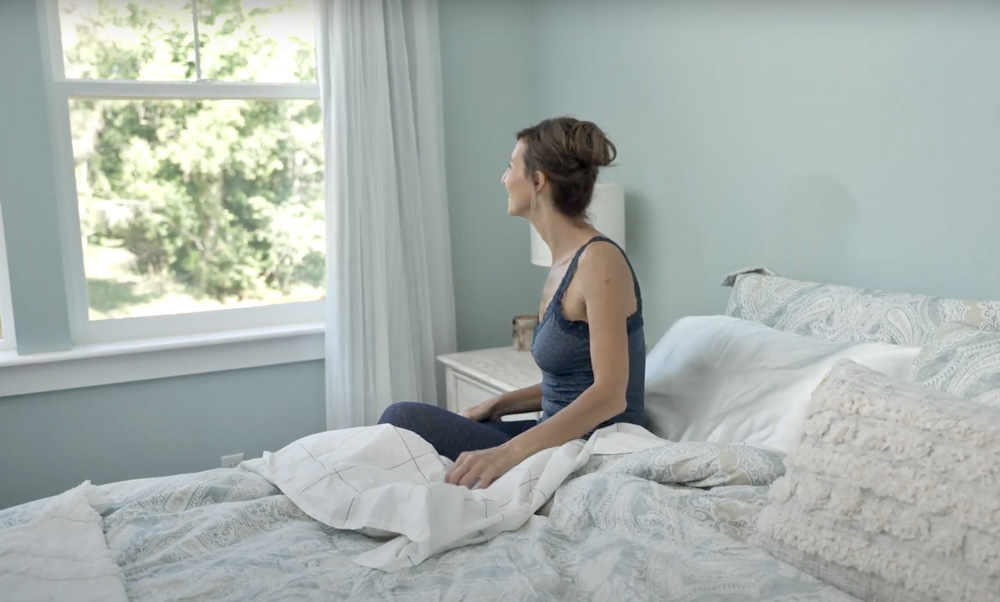
Deep Sleep Solutions
Regardless of the cause, sleep hygiene practices are crucial for supporting quality rest. These include: exposure to bright sunlight (or a SAD light in wintertime) before noon; avoiding devices and the television at least two hours before bedtime so as not to disrupt circadian rhythms; cultivating a calming routine before bedtime, such as a warm bath, reading a physical book, stretching, massage, a mug of soothing herbal tea; practicing gratitude; listening to calming music; spending time with a pet. For additional tips, see these posts.
Herbal Sleep Support
Plant-based herbal extracts are also an outstanding option for alleviating insomnia and cultivating a solid foundation for quality sleep. My favorite botanicals for this purpose include:
Valerian Root
- Improves sleep by increasing the levels of the neurotransmitter gamma-aminobutyric acid (GABA)
- Decreases frequent waking at night and calms restless sleep
- Helps people fall asleep faster
- Improves sleep quality and length
- Assists in improving sleep issues connected with menopause
- Soothes stress and anxiety
Hops
- Sedative properties for relieving insomnia
- Boosts production of GABA, a calming brain chemical that promotes sleep
- Increases sleep time; works best in combination with valerian root
- Reduces body temperature, which helps people enter into a relaxed state for sleep
Chamomile
- Acts as a sedative
- Calms the nervous system
- Soothes muscle aches and pains that may disrupt sound sleep
- Contains apigenin, an antioxidant that can induce sleep
Passionflower
- Herbal sedative
- Anxiolytic (soothes anxiety) and helps calm the body and mind
- Improves sleep quality
- Improves ADHD symptoms
- Reduces the effects of menopause — including depression and hot flashes
Each of the above herbal extracts are included in my powerfully effective Sleep Blend.
Need an extra level of support? Have a look at my new sleep formulation with added calming CBD + CBG. Use the coupon code “Nicole” for 30% off your entire order (except the already discounted CannaClubs).
Here’s to quality sleep and great health!
Nicole Apelian
Nicole’s Apothecary Products in this Post
References
- Jones, S. E., Maisha, F. I., Strausz, S. J., Lammi, V., Cade, B. E., Tervi, A., Helaakoski, V., Broberg, M. E., FinnGen, Lane, J. M., Redline, S., Saxena, R., & Ollila, H. M. (2023). The public health impact of poor sleep on severe COVID-19, influenza and upper respiratory infections. EBioMedicine, 93, 104630. https://www.thelancet.com/journals/ebiom/article/PIIS2352-3964(23)00195-0/fulltext#
- “COVID-19 can ruin your sleep in many different ways—here’s why” by Emily Sohn, National Geographic Science, November 13,, 2023. https://www.nationalgeographic.com/premium/article/covid-19-can-ruin-your-sleep-in-many-different-waysheres-why?rnd=1707310298137&loggedin=true

